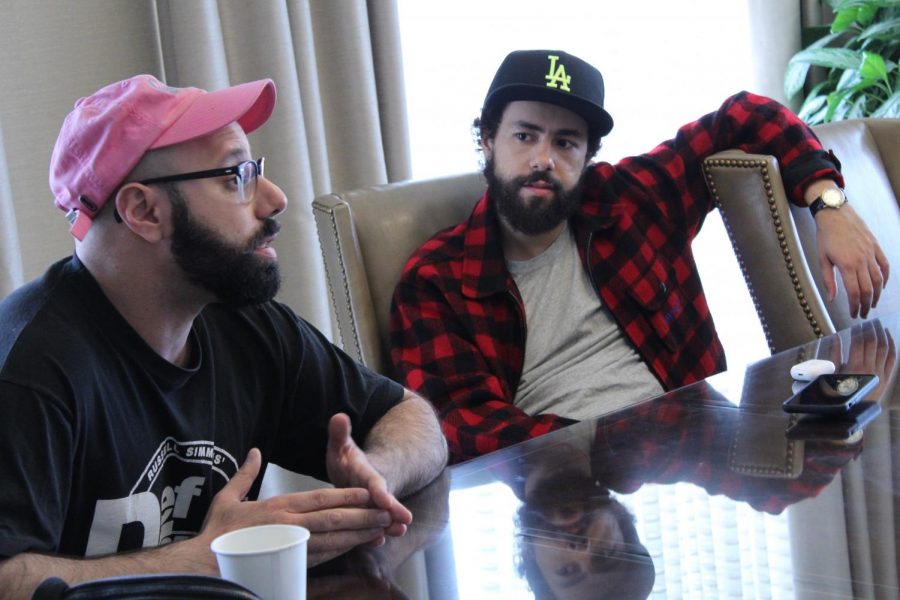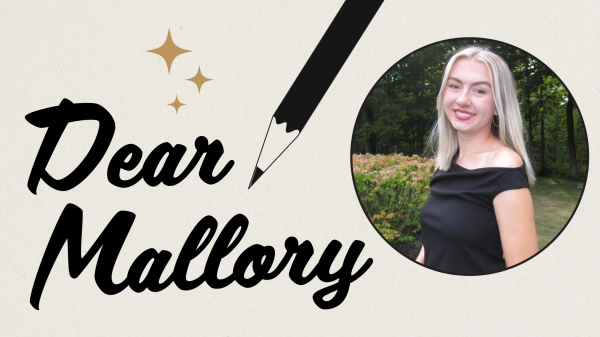Comedians Ramy Youssef and Dave Merheje are “redefining the expectations” of Muslim representation with new Hulu series
From left: Comedians Dave Merheje and Ramy Youssef star in the new Hulu series “Ramy.”
Just two years ago, Ramy Youssef was a relatively unknown name, aside from appearances on “The Late Show with Stephen Colbert” and “Mr. Robot.” Now, he’s the star and co-creator of one of Hulu’s most game-changing new projects.
The series, titled “Ramy,” premiered last month on the streaming service and has already garnered critical acclaim for its contribution to Muslim representation in media. Its titular character, portrayed by Youssef, is a first-generation Egyptian-American and practicing Muslim who struggles to balance the expectations of his religious community with those of his millennial peers. The show is loosely based on Youssef’s own life experiences.
“I think, for me, my approach was very much — in calling the show ‘Ramy’ — to highlight from the beginning that this is just one Arab-Muslim story,” Youssef said. “It’s not an average Muslim family — that doesn’t exist. No one says ‘an average Christian family.’”
He credits the “limited scope” of the show’s narrative to its autobiographical aspect. While the characters on the show aren’t based on real people, Youssef said the personalities of his real-life family and friends helped inform the characterization of the titular protagonist’s inner circle.
“I’m a stand-up in real life, and my family in real life is very communicative, we talk about it a lot,” he said. “In the show, we kind of try to do a bit of an alternate reality — what if my family didn’t talk as much or as openly? And what if I didn’t have a creative outlet and felt more stuck?”
One character that did draw inspiration from his real-life counterpart was Ramy’s friend Ahmed, played by Windsor native and comedian Dave Merheje. Unlike the character of Ramy, Ahmed was written to his actor’s voice.
“You work so hard at stand-up sometimes to find your voice,” Merheje said. “Then you’re able to do it in acting.”
Youssef and Merheje have been promoting “Ramy” with various stand-up performances across the country, including a stop at Mark Ridley’s Comedy Castle in Royal Oak last month. Much of Youssef’s set dealt with the same things the show deals with — namely, his millennial status and Muslim heritage.
While Youssef said the latter gave the show a particular “hyperspecificity,” it has also allowed him to connect with audiences in a more personal way.
“So many people kind of connect that aren’t even Muslim,” he said. “We’re seeing somebody engage with their faith in an honest way, which I think is something I don’t see a lot in millennial comedy or millennial discussion.”
Merheje added that Ramy is “a flawed human, instead of always trying to be the hero.” He said the character’s moral ambiguity was an element with which audiences could relate.
According to Youssef, he planned to develop Ramy into a more mature character in future seasons, following the pilot season’s cliffhanger finale.
At the time of his metro Detroit visit, a second season of the show had not yet been ordered, though Youssef said he hoped the audience response would prompt Hulu to renew it. Just one week later, a second season was announced. No release date has been set, but the show’s renewal will produce 10 additional episodes.
“This is not a show that does anything more than it claims to do,” Youssef said. “To take the burden of telling everything at once is something that would only be put on this kind of show.”
Moving forward, Youssef and Merheje said they hope to continue what the first season started by “redefining the expectation” of Muslim representation.
“When you’re Muslim, [people] just want a good hummus recipe — they don’t want you to talk about Allah,” Youssef said. “[But] this type of person, this type of family, this faith that’s so misunderstood can actually be very encompassing.”




